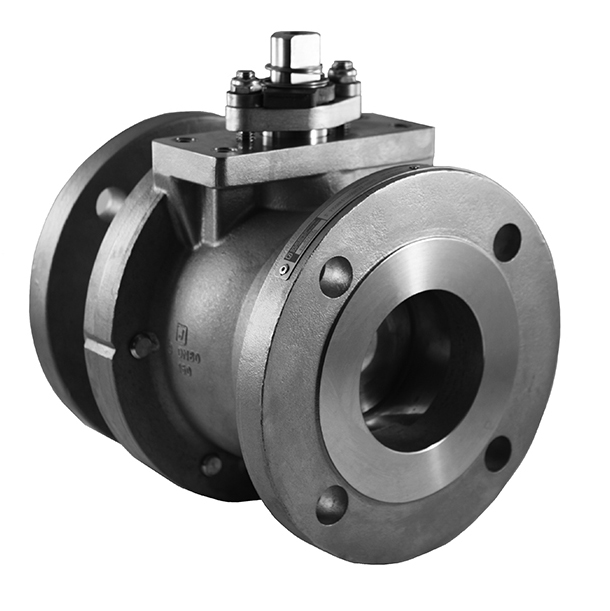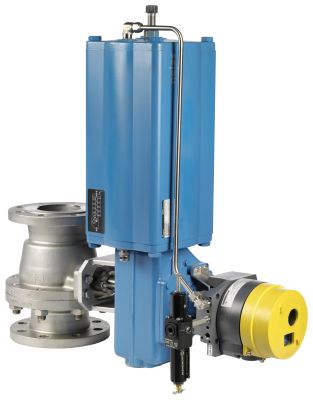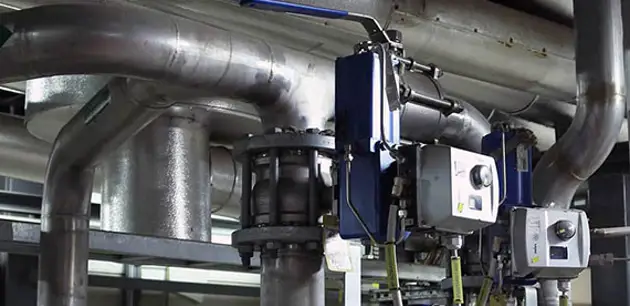During the process, raw material, intermediate products and byproducts include Si powder, Cl2, H2, HCl, SiHCl3, SiH2Cl2 and SiCl4, therefore valve’s design must be able to deal with these medium, especially the highly abrasive Si powder.
The chemical compounds are extremely dangerous. H2 and SiHCl3 are easily combustible, HCl is dangerous and extremely corrosive, SiHCl4 is a highly toxic substance that poses environmental hazards, which makes it necessary to recover these substances, and bring them back into the production process. Handling these chemicals, including the safe and environmentally sound disposal as well as emission control at the same time is not easy. All these chemicals should be captured and recovered to decrease raw material consumption and increase the whole process efficiency.
SiHCl3 production is a complex reaction equilibrium system, different products and by-products form in the fluid bed reactor. Reaction condition should be controlled precisely to maximize SiHCl3 yield.
Health, safety, environment
Valve leaking poses both an environmental and safety issue due to risk of fire, toxicity and volatility of gases. Emergency shutdown and on/off valves must be able to perform their action in a process or equipment failure.
Top-class products at maximum yield
The market calls for clean products and high quality. It is important that the process is stable, flexible and under control. Proper valve performance in fluid bed reactor, CVD reactor and recovery system improves the accuracy of throughput control and adversely affects to the plant performance and also the downstream processes.
Maintenance costs
Valves play an extremely important role in successful polysilicon producing performance. Poorly performing valves in the process must be serviced because they will have a direct impact on the efficiency of the process.
Plant run-time
Silicon plants are looking for longer plant run-times since downtime means production losses and is a remarkable cost including maintenance costs. This requires reliable equipment.



















